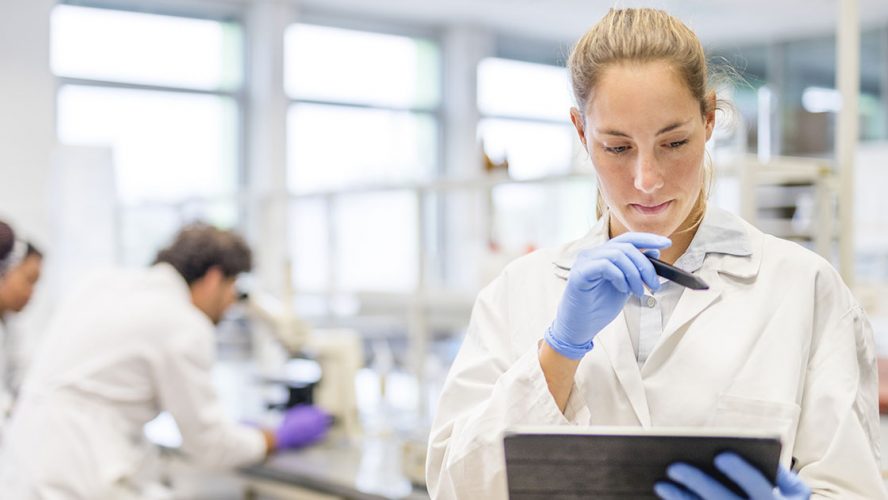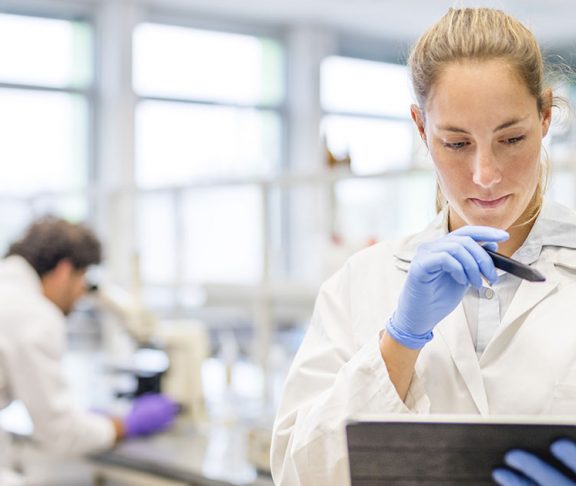About 2 million Americans are addicted to opioid drugs, including prescription pain medicines, heroin and fentanyl or one of its analogues. Many millions more misuse opioids, taking opioid medications longer or in higher doses than prescribed. These statistics are staggering. And the tragic effects of the opioid crisis don’t stop there, but extend to families, communities and even our entire nation.
Clearly, it takes “all hands on deck” to overcome this public health emergency, declared by the U.S. Department of Health and Human Services at the direction of President Trump last year. Among those actively engaged in this effort are researchers supported by the National Institutes of Health (NIH). To channel these efforts, NIH recently launched the Helping to End Addiction Long-term (HEAL) initiative, an agency-wide effort to speed scientific solutions to stem the opioid crisis. Using $500 million in new funding provided by Congress, HEAL will invest in a wide range of innovative projects that advance national priorities for addiction and pain research.
Access and management
America must address many urgent issues. For example, while multiple, medication-based treatments are available to treat opioid addiction, many Americans do not have access to such treatments. Even when they do, many do not stay in treatment long enough to recover fully. To tackle this problem, HEAL researchers will focus on integrating the most successful, evidence-based strategies in a number of communities hit hard by the opioid crisis. The HEALing Communities Study, a partnership between NIH and the Substance Abuse and Mental Health Services Administration, will test the impact of providing prevention, treatment and recovery support services for opioid addiction in an array of settings. These may include fire and police departments, the criminal justice system, hospital emergency departments and primary and prenatal care clinics. Once we identify what strategies are most successful, then we can deploy them nationwide to turn the tide on this crisis.
Ending addiction over the long term will also require reducing overreliance on and misuse of opioid-based medications to manage pain. To do this, HEAL research will explore new methods of pain management. For example, HEAL and its partners will support efforts to understand the transition from acute to chronic pain, identify new targets for non-addictive pain treatments and speed the movement of such treatments through the development pipeline.
These are just a few of the many ways in which HEAL research will strive to overcome the opioid crisis. It’s a formidable challenge, but we are confident that our nation’s scientists will rise to meet it and create a future in which far fewer Americans suffer from pain or opioid addiction.
Francis S. Collins, M.D., Ph.D., Director, National Institutes of Health, and Nora D. Volkow, M.D., Director, National Institute on Drug Abuse, [email protected]

